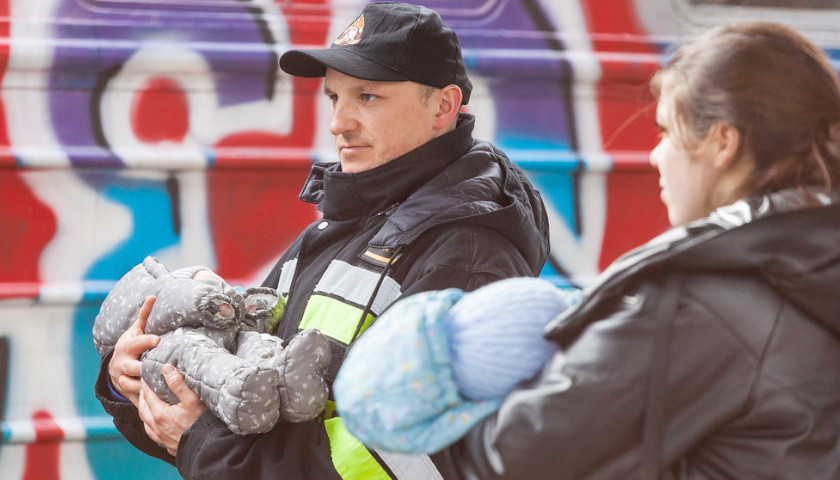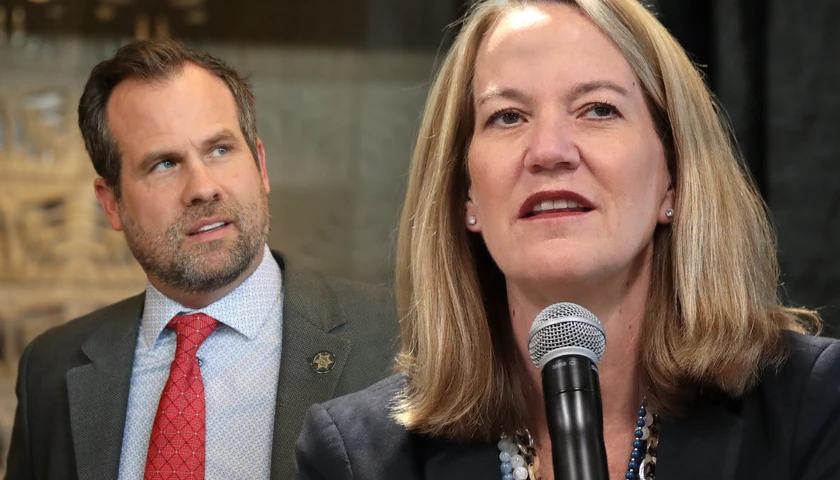Tennessee became the first state to welcome young Ukrainian hospital patients on Tuesday, as four children and their families arrived at St. Jude Children’s Hospital in Memphis.
The children, who are suffering from pediatric cancer, will receive treatment and “psychosocial therapy to address psychological, social, emotional and cultural needs.”
“The work of St. Jude Children’s Research Hospital in Ukraine reflects the hospital’s ongoing commitment to ensure children with cancer have access to lifesaving care, no matter where they live,” said St. Jude President and CEO James R. Downing, M.D. “Our promise to children with catastrophic diseases extends around the globe, and we are honored to play a part in helping these families move to safety to continue their children’s treatment.”
The children were evacuated from Poland after they crossed the country’s border amid Russia’s unprovoked invasion of their country.
After Russian President Vladimir Putin attacked the sovereign country, bombings and military offenses forced civilians to flee their homes. Estimates put the tally at more than 3 million residents who have left the country.
Furthermore, another report claimed that Russia opted to bomb a maternity and children’s hospital in Mariupol, Ukraine.
The children were able to relocate to Tennessee through Safer Ukraine, a program associated with St. Jude Global that is working to get children with cancer out of the war zone.
“Our ability to quickly help so many children and their families in Ukraine is the work of many partners – individuals and institutions — dedicated to the shared vision of improving the quality of health care delivery and increasing survival rates of children with cancer and blood disorders worldwide,” said Carlos Rodriguez-Galindo, M.D., director of St. Jude Global. “While there is more work ahead, we are committed to doing as much as we can, as swiftly as possible.”
— — —
Cooper Moran is a reporter for The Tennessee Star and The Star News Network. Email tips to [email protected].
Photo “Ukrainian Refugees” by Mirek Pruchnicki. CC BY 2.0.








